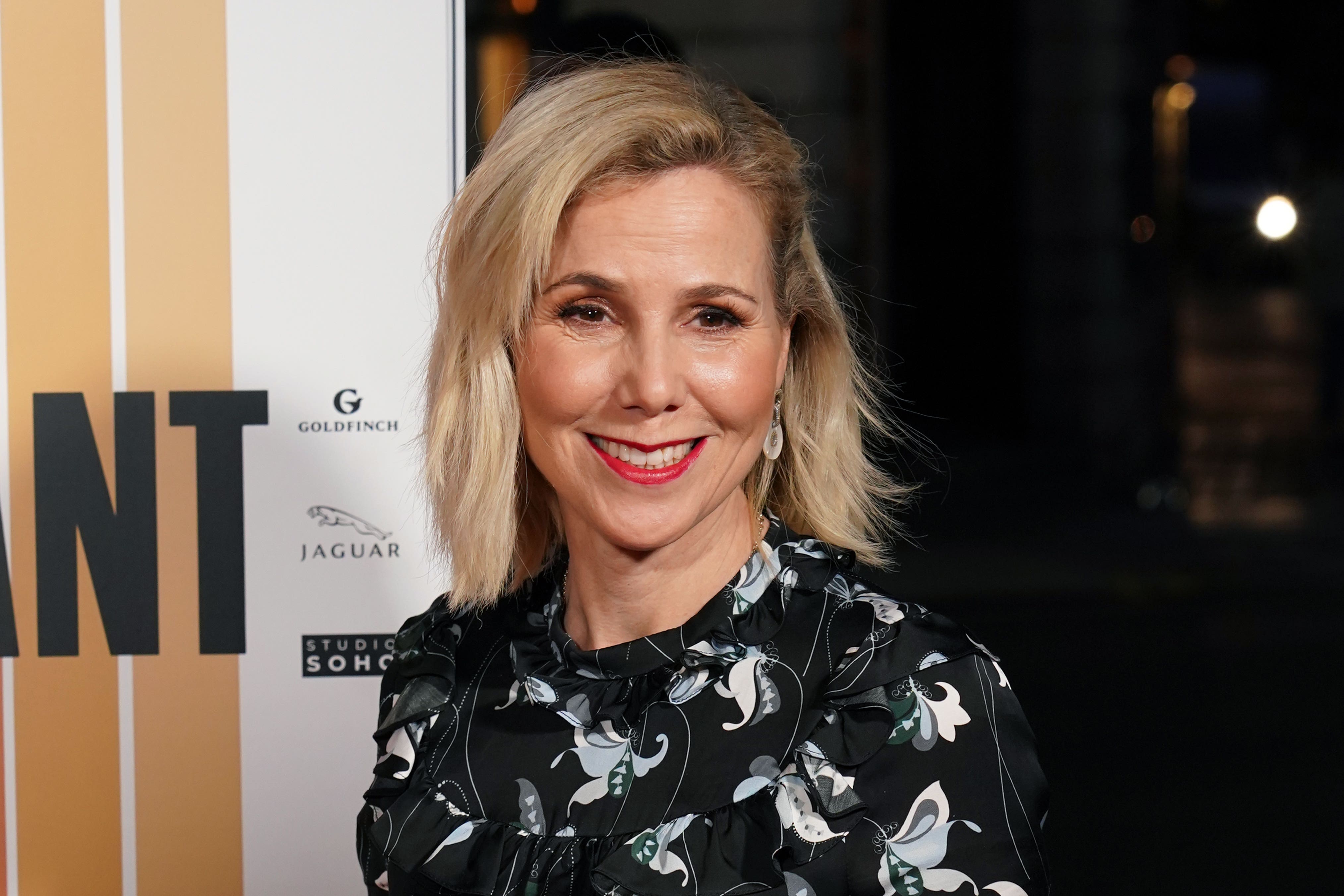Sally Phillips: I was upset my son was not allowed to play at trampoline park
The actress said Olly was refused access to Oxygen Acton in London.

Actress Sally Phillips has said she was “upset” that her son who has Down’s syndrome was denied access to a trampoline park.
The comedian, 53, known for creating and starring in sketch show Smack The Pony as well as her role playing journalist Shazza in Bridget Jones’s Diary, revealed this week her child Olly was not allowed to play at Oxygen Acton in London.
Phillips says the company refused him entrance because someone with Down’s syndrome needs a letter from the GP.
She told BBC Breakfast on Friday: “Olly is used to being able to do what his contemporaries (do) … so we went with his younger brother, and younger brother’s friend, and we’ve been hundreds of times before, and the lady on the desk says, ‘oh, sorry, can I have a word?’ and called the manager over … I was so, so upset for Olly to be prevented.”
She added that “they’re weeding out people with visible disabilities” and “so if you have an invisible disability, you’re not required to bring in a doctor’s letter”.
As a member of the British Gymnastics association, she said Olly has previously had an X-ray to test for neck instability issues but this “didn’t give the information required” to take part in these types of activities.
Phillips, who is a patron of the Down’s Syndrome Association, said: “So, either you’re using NHS resources to get an appointment with the doctor for a private company and their insurance, or you’re needing to pay for a doctor’s letter, which means that this sort of admin burden on special needs parents, just to be part of the community … to do a normal thing, to take normal risks that everyone is allowed to take is just unbearable.
“We can spend weeks and weeks not leaving the house, just filling in forms for our children to be able to do very, very normal things, and once I put this out (on social media) the number of people that got in touch saying it happened to them despite their children being you know, British gymnasts… it’s clearly something that needs looking at.”
She said this has a “big psychological effect on our children” as they are being “singled out for being different” and not allowed to do the same thing as other kids.
Phillips, who fronted a BBC documentary about the condition in 2016, added: “It would be fine if there was a sort of genuine issue but it strikes me that the issues are, the neck (instability) thing is just misinformed and the insurers … found something they can ask for so they asked … without it actually being helpful.”
When asked about Oxygen Activeplay telling BBC Breakfast that they were sorry and asked for their input to review the current guidance, she said she does not think it is “fair” for special needs parents to make the changes but would help the company.
“They will allow us to do the work for them to change, whereas actually I think they need to educate themselves,” she added.
“We’d really appreciate it we didn’t have to and we could just get on with having a normal life.”
Phillips has regularly campaigned on Down’s syndrome issues and released A World Without Down’s Syndrome?, about the debate on screening tests that detect Down’s syndrome in pregnancies and what effect it could have on society, on the BBC.
Bookmark popover
Removed from bookmarks